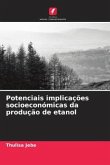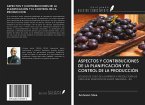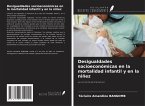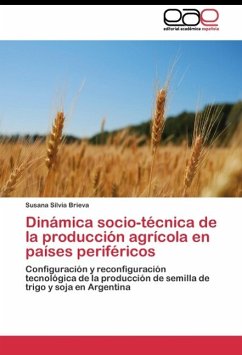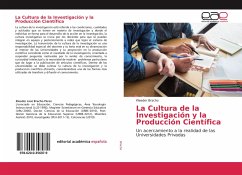South Africa is taking a continental lead towards the transition of the green economy, and the energy sector has been identified as one of the cornerstones integral in this transition. This transition pays attention to alternative energy sources to gradually replace fossil fuels. Recently, the production of ethanol is seen as an energy source that is an integral player in achieving a green economy. The ethanol production project is linked to the improvement of the economy, and social well-being concomitant with the enhancement of the environmental quality tenets embodied by the green economy. Scholars have noted that these projects tend to ignore socio-economic realities of under privileged people especially in rural areas and small towns. While the green energy is often presented by the state there is, however, no evidence of the positive as well as negative impacts of ethanol projects on improving the livelihoods of the local communities or contributing to the substance of the local economies while protecting the quality of the environment. This research explored the subject of ethanol projects as green economic models in the context of the ethanol project in Cradock.
Hinweis: Dieser Artikel kann nur an eine deutsche Lieferadresse ausgeliefert werden.
Hinweis: Dieser Artikel kann nur an eine deutsche Lieferadresse ausgeliefert werden.


